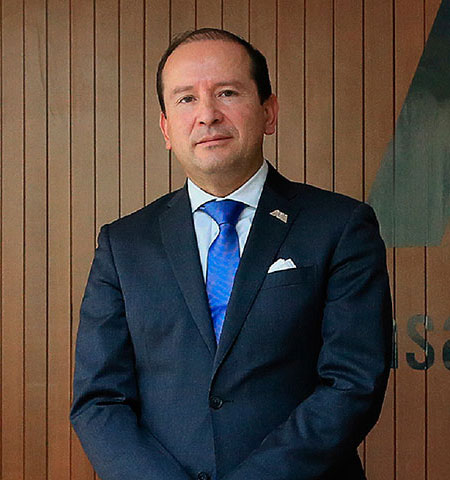
Biographical Note
Is a consolidated neuroscientist focused on the complex interactions among the central nervous, immune and endocrine systems: Integrative Behavioral Neuroscience.
With an interdisciplinary approach and working with humans and animal models, he successfully incorporates innovative methods, such as fMRI, µCT, bioimpedance spectroscopy, next-generation DNA sequencing, indirect in vivo calorimetry, biopotentials telemetry, among others.
Trained in Mexico, Germany and Switzerland Pacheco-Lopez previous working affiliations include UNAM, Mexico; CINVESTAV-IPN, Mexico; Duisburg-Essen University, Germany; ETH Zurich, Switzerland; Leiden University, the Netherlands.
Since 2011, Pacheco-Lopez is appointed in Mexico as full time Professor at the Metropolitan Autonomous University (UAM), Campus Lerma, appointed as Head of the Health Sciences Department (2011-15), Dean of the Health and Biological Sciences Division (2018-22), and from November 2022 serving as UAM Research Provost.
He is alumnus of the German Academic Exchange Service (DAAD) and the Mexican Science and Technology Council (CONACYT), and since 2007 he is fellow of the Mexican Researcher System (SNI), now recognized at the highest level (3).
He produced more that 80 publications, with an H-index=24, and more that 1,700 citations.
He successfully accumulates more than $2.5 millions USD in extramural funding.